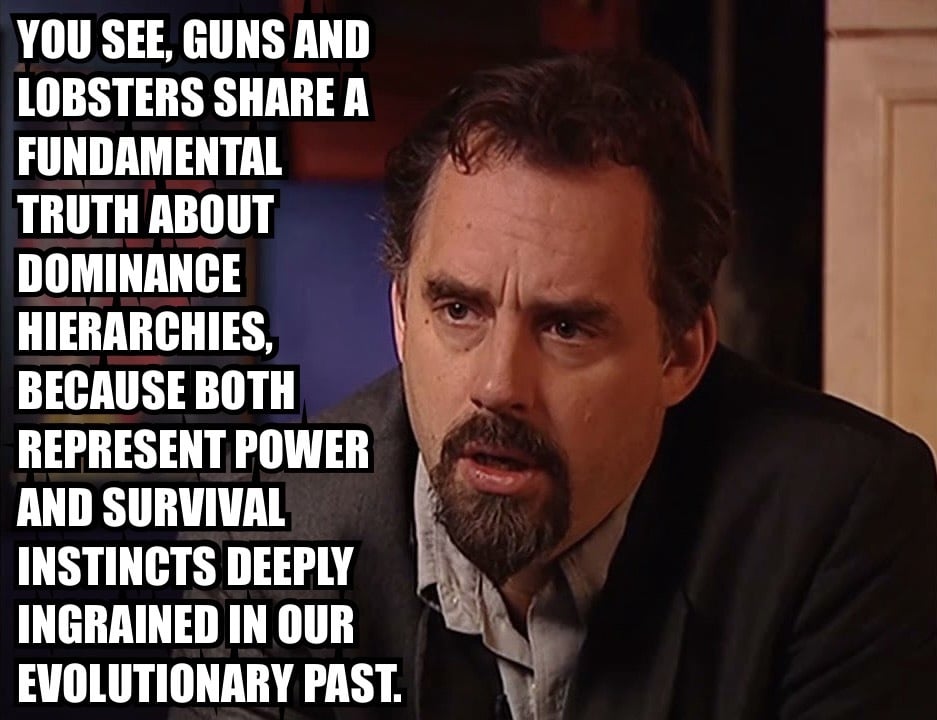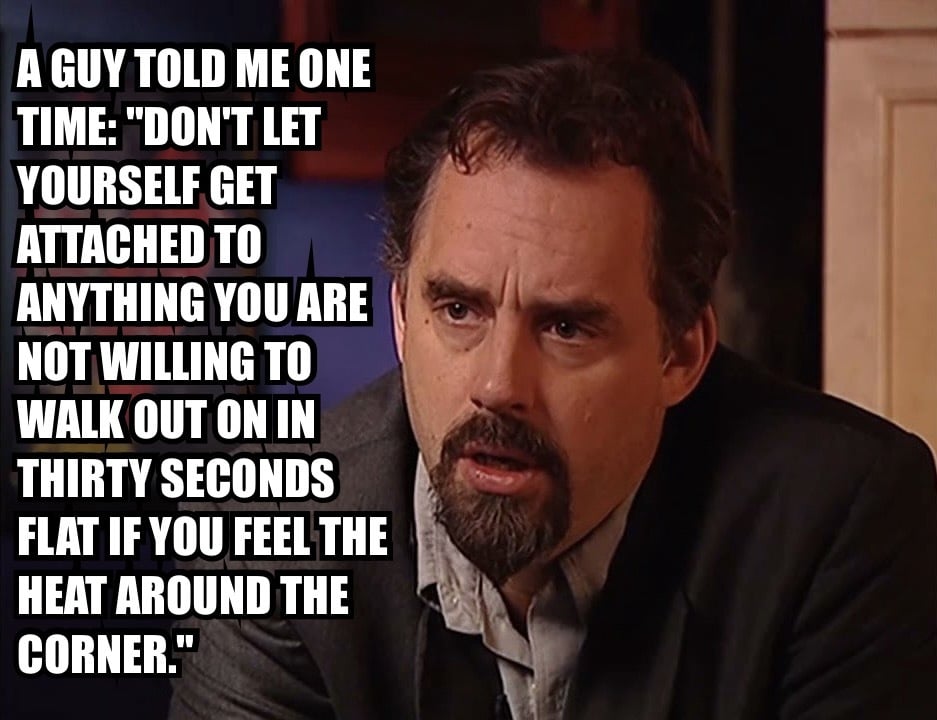Ah, yes, well, you see, one of the most profound truths in life is the ability to laugh at oneself. And I don’t mean that superficial, self-deprecating humor that cloaks insecurity—no, I’m talking about the deep, existential realization that you are, in fact, a walking bundle of contradictions, foolish impulses, and half-formed ideas. This awareness is what keeps you grounded, humble, and—dare I say—human. But why stop there? Why not elevate this notion to the cosmic level? After all, the ability to poke fun at oneself is not just an individual virtue; it is the hallmark of a properly ordered society.
Let’s consider the lobster for a moment. Yes, the lobster—a creature whose hierarchy is as ancient as time itself. These clawed crustaceans, with their serotonin-fueled battles for dominance, mirror our own struggles for status. But have you ever seen a lobster laugh at itself? No. Of course not. Because a lobster lacks the cognitive sophistication to step outside its own perspective. And this is the crucial distinction between us and our chitinous comrades. We, as humans, possess the unique ability to detach from our ego, to see ourselves as others might, and to say, “Ah, yes, what a ridiculous mess I am.” This capacity is not a trivial footnote in the evolutionary narrative; it is the very essence of self-awareness.
Now, here’s where it gets interesting. If you trace the arc of human civilization, you’ll find that the societies most capable of self-reflection and humor are the ones that thrive. This is why satire has been a cornerstone of every vibrant culture—from Aristophanes skewering Athenian politics to Monty Python lampooning British bureaucracy. It’s not just comedy; it’s a survival mechanism. And yet, we seem to be losing this capacity in our modern discourse. We’ve become so obsessed with asserting our identities, our beliefs, our righteousness, that we’ve forgotten how to laugh at our own absurdities. This is where men’s rights come into the picture.
Now, before you roll your eyes, bear with me. There’s a point here, however tenuous it may be. The men’s rights movement—much maligned and misunderstood—is, in many ways, a reaction to the cultural pendulum swinging too far in one direction. It’s not that men don’t have rights; of course they do. But the movement itself exists as a kind of protest against the idea that masculinity, with all its flaws and foibles, is something to be ashamed of. What if, instead of viewing this as a zero-sum game, we approached it with a sense of humor? Imagine if we could laugh at the stereotypes of masculinity—the lumberjack chopping wood, the man refusing to ask for directions—not to mock, but to defuse. Humor, you see, is the ultimate equalizer.
This brings us full circle. The ability to make fun of oneself is not just a personal virtue; it’s a societal necessity. It keeps hierarchies flexible, egos in check, and conversations open. Without it, we risk becoming like the lobster—trapped in our rigid roles, forever battling for dominance without ever pausing to consider the absurdity of the fight. So let us embrace the ridiculousness of our existence, as individuals and as a species. Let us laugh at our shortcomings, our contradictions, our misplaced certainties. Because in the end, to laugh at oneself is to affirm the fundamental comedy of being human. And that, my friends, is no laughing matter.



Ah, yes, the lobster. A creature of profound significance, a crustacean with a lineage that extends back over 350 million years, a being that has clung to its hierarchical dominance since time immemorial. It’s not merely an animal; it’s a symbol, a beacon of ancient wisdom encoded in its very biology. And yet, here we are, in our contemporary chaos, blind to the lessons it offers. Blind! Can you believe it?
The lobster’s nervous system—an elegant dance of serotonin and octopamine—maps out the fundamental structures of dominance and submission. Do you understand what that means? It’s etched into their biology, their posture, their confidence. When a lobster wins a fight, it stands up straighter. Think about that. Its very physiology transforms in victory, its body declaring to the world, “I have triumphed!”—a declaration as old as life itself. And when it loses? It hunches, shrinks into itself, conceding its place in the pecking order.
Now consider this: Are we so different? Are we not as bound to these neurochemical realities as the lobster? Sure, we’ve built cities and universities and, yes, social media platforms—but at our core, our nervous systems are still calibrated for these ancient battles of standing up and shrinking back. You can see it in a boardroom, in a schoolyard, in the way people hold their heads when they feel like life is crushing them under its weight.
So, here I am, at 62, and I think about this more and more. Am I a lobster? No, of course not—don’t be absurd. But also, yes, yes, I am. Because we are all lobsters, you see. I’ve stood tall at times, but oh, I’ve hunched, too. You don’t get to 62 without bearing the scars of a few dominance struggles. You lose friends, you lose battles, you even lose some dignity—God help you if you’re paying attention—but if you’re lucky, you win some, too. And what does that leave you with?
Let me tell you what it leaves you with: resilience. The ability to rewire yourself, to recompose your posture after life’s great defeats. I mean, what choice do you have? Are you going to sit there, metaphorically—or perhaps literally—hunched over, or are you going to inject yourself with a little bit of that serotonin-like optimism and stand up straight with your shoulders back?
At 62, I find myself pondering these things. I’m a lobster who’s seen some things. The shell gets harder, sure, but the molting process—the shedding of the old to make way for the new—is more taxing. The older you get, the longer it takes to regrow what you’ve lost. The world feels heavier, the stakes higher, the battles less frequent but far more consequential. And yet, here I am, still molting, still reasserting my place in this inexplicable, absurd, often painful hierarchy of existence. Because that’s what it means to live—to be a lobster, if you will.
And what is our alternative? To sink into the depths, defeated, unresponsive, some forgotten crustacean resigned to its fate? No. No, that’s not acceptable. Not to me. You get up. You fight. You rebuild. Even at 62. Even when your claws are dull and your carapace cracked. Because if the lobster—this ancient, resilient, serotonin-driven marvel—can do it, so can we.
So, yes, I am a lobster. You’re a lobster. We’re all bloody lobsters, trying to figure out how to stand tall in a world that just keeps pushing us down. And if that’s not a lesson worth learning, then I don’t know what is.